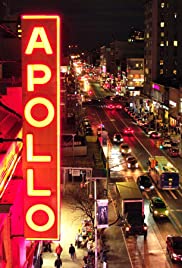
The history of New York City’s Apollo Theater in Harlem is given the full treatment.
You May Also Like
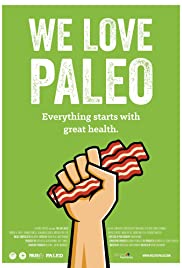
Doctors, nutritionists, authors and entrepreneurs from 4 countries share why they choose to go against conventional health wisdom to promote Paleo. The film also reflects on how they were profoundly transformed by the lifestyle beforehand.
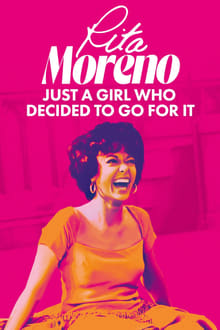
Rita Moreno defied both her humble upbringing and relentless racism to become one of a select group who have won an Emmy, Grammy, Oscar and Tony Award. Over a seventy year career, she has paved the way for Hispanic-American performers by refusing to be pigeonholed into one-dimensional stereotypes.

Roam the Wild West frontier land of the Rio Grande’s Big Bend alongside its iconic animals, including black bears, rattlesnakes and scorpions.

Even the biggest, fastest and fiercest predators start as babies. Baby sharks are cute, but they need to grow up fast because out of more than 500 species of sharks, not one parent sticks around to help raise them. Sharks are found in every ocean across the planet and have evolved in extraordinarily different ways to carry their young and give birth and for baby sharks to thrive.
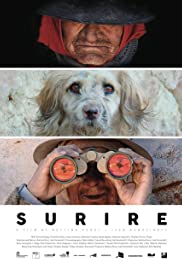
The Surire Salt Flat is located at an altitude of 4300 m in the Chilean High Plateau and is one of the most remote places in the world, keeping the treasure of untouched nature with all its beauty but also holding an allurement: a huge amount of borax, promising the mining industry profits at unknown levels. Surire, metaphorically tells us in an outstanding visual way the story of our planet – about the very important subjects of the disappearance of traditional indigenous culture, untouched nature, the environment, and the clash of new and old.
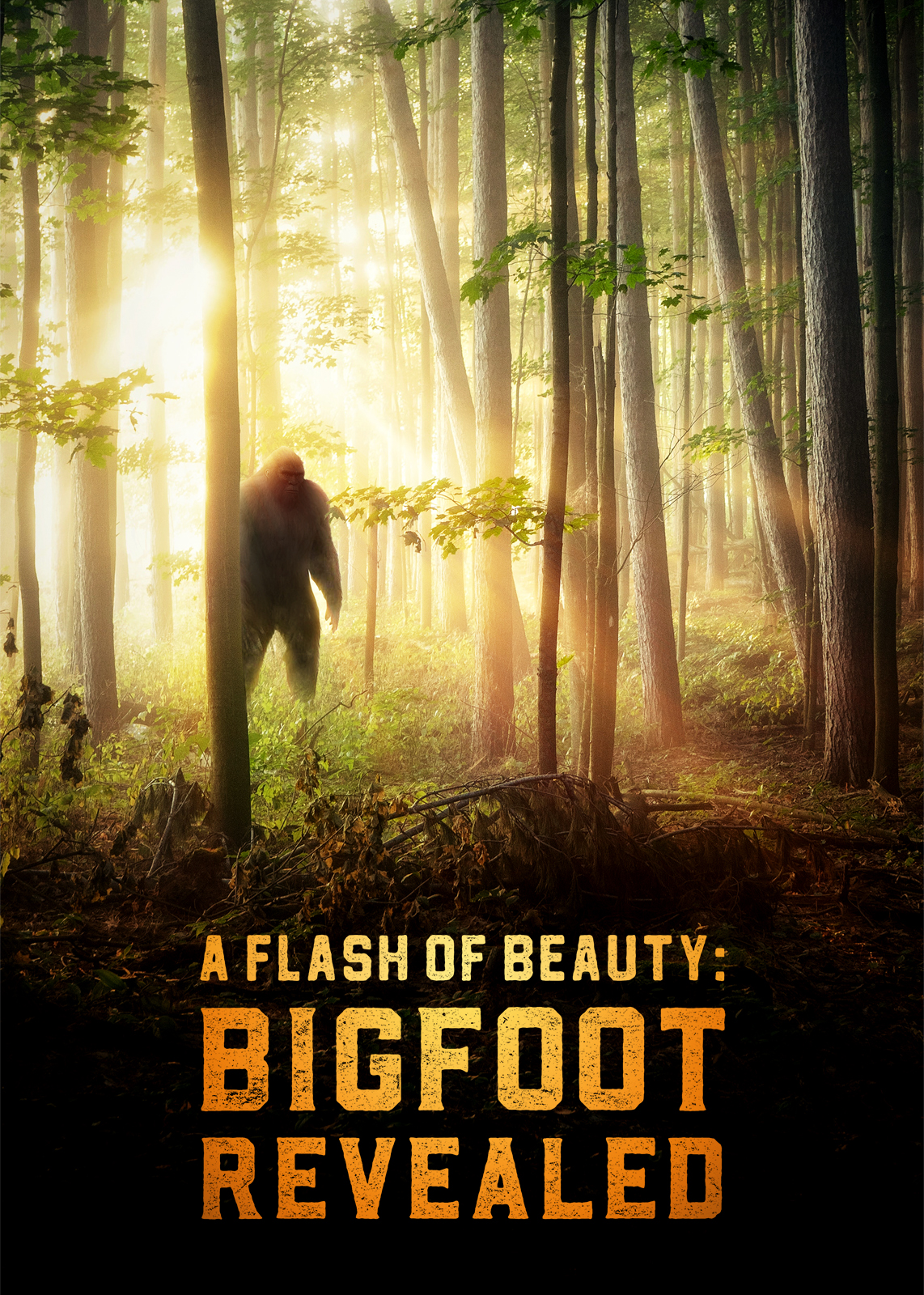
A Flash of Beauty: Bigfoot Revealed presents interviews from researchers and eyewitnesses. The film covers historical accounts of Bigfoot, the significance within the indigenous cultures, and the emotional impact of a Bigfoot experience.

An imaginary return of dictator Ceausescu after 20 years of capitalism in his country, Romania, where he finds a new society but also old habits in the country’s businessmen.

For over 70 years, Jonas Mekas, internationally known as the “godfather” of avant-garde cinema, documented his life in what came to be known as his diary films. From his arrival in New York City as a displaced person in 1949 to his death in 2019, he chronicled the trauma and loss of exile while pioneering institutions to support the growth of independent film in the United States. Fragments of Paradise is an intimate look at his life and work constructed from thousands of hours of his own video and film diaries-including never-before-seen tapes and unpublished audio recordings. It is a story about finding beauty amidst profound loss, and a man who tried to make sense of it all… with a camera.

The final entry in a trilogy of films produced for the U.S. government by John Huston. Some returning combat veterans suffer scars that are more psychological than physical. This film follows patients and staff during their treatment. It deals with what would now be called PTSD, but at the time was categorised as psychoneurosis or shell-shock. Government officials deemed this 1946 film counterproductive to postwar efforts; it was not shown publicly until 1981.
An inside look at one of the most anticipated movie sequels ever with James Cameron and cast.

In 1975 French Oscar-winning documentary filmmaker Pierre Dominique Gaisseau traveled to Panama to make a film on the indigenous island-dwelling Kuna people. Accompanied by his wife and their daughter, Gaisseau lived with the Kuna for a year, gaining their trust and filming their most intimate ceremonies. He promised to share the resulting film with the community, but that never happened. Fifty years later, the Kunas are still waiting to discover “their” film, now a legend passed down from the elders to the new generation. One day, a hidden copy is found in Paris…While uncovering this fascinating story with humility and warmth, Swiss-Panamanian filmmaker Andrés Peyrot succeeds in capturing a true sense of culture and place. The result is simultaneously a cautionary tale raising questions around how and why documentaries are made and for whom, and a testament to the power of what it means to see yourself on the big screen.
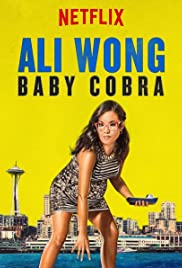
Ali Wong might be seven-months pregnant, but there’s not a fetus in the world that can stop this acerbic and savage train of comedy from delivering a masterful hour of stand-up.